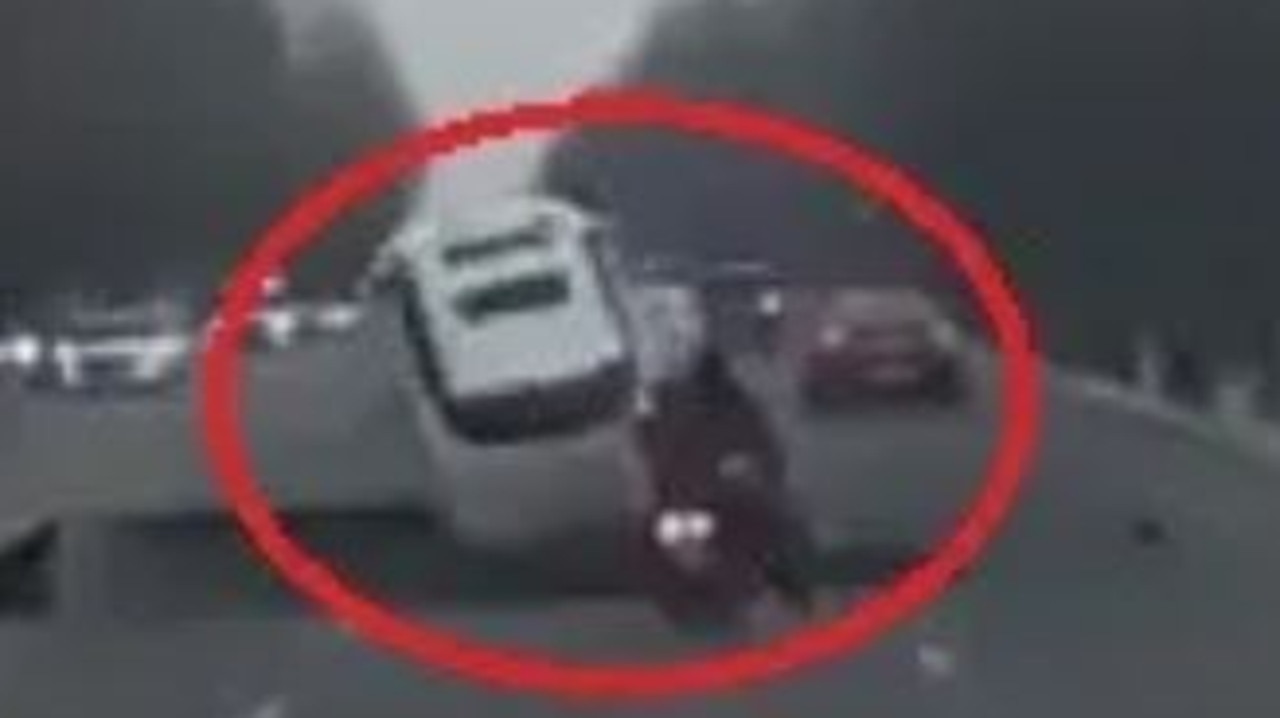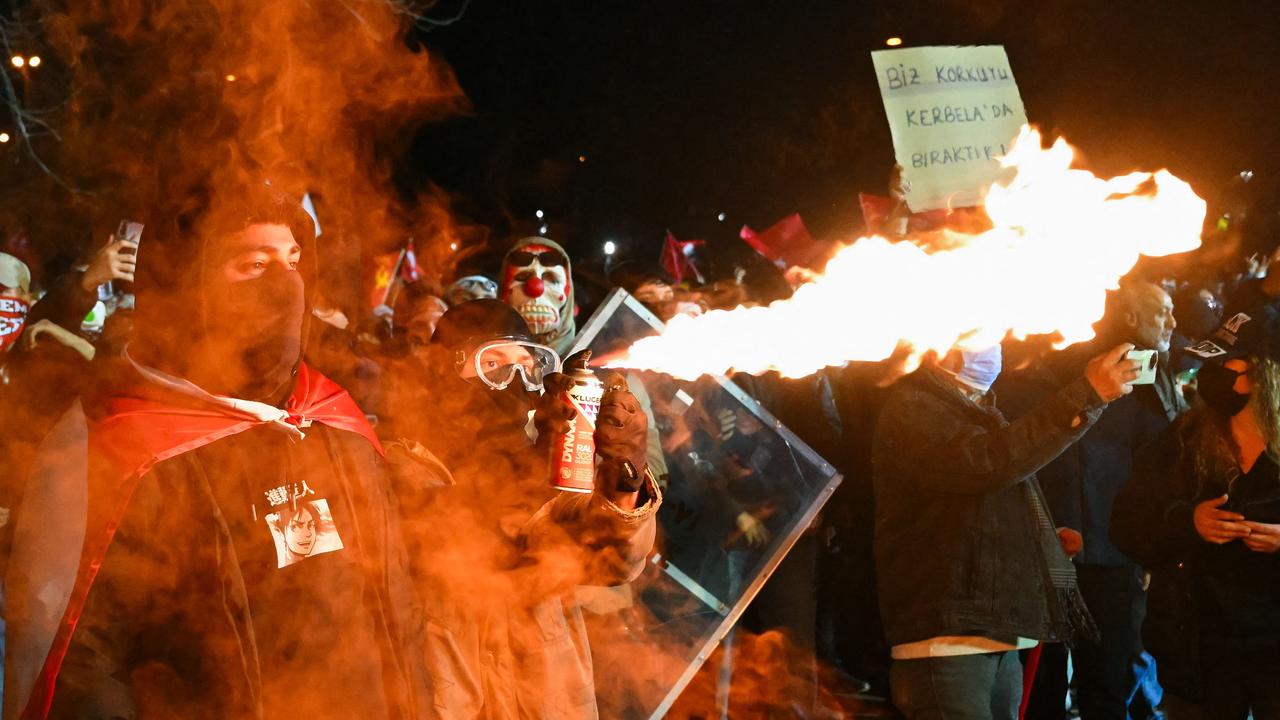Journalist Jean Lee reveals what it’s like living in North Korea
A journalist who spent time inside North Korea has revealed the hardest part about staying under the radar with authorities on her tail.
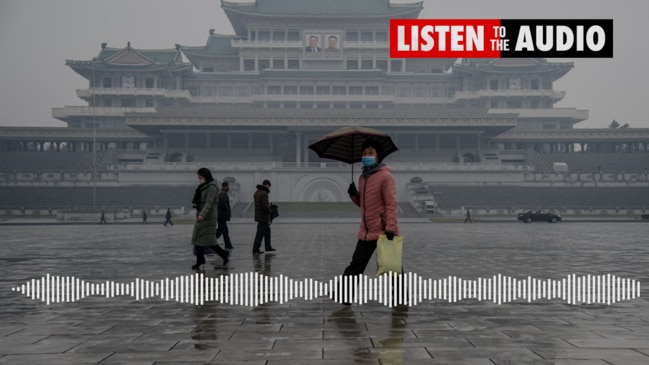
Journalist Jean Lee has lifted the lid on her time spent inside North Korea, sharing a list of incredible experiences from the most secluded nation on the planet.
In 2011, Lee became the first US reporter granted extensive access on the ground in North Korea, and in January 2012 opened Associated Press’ Pyongyang bureau.
She has made dozens of extended reporting trips to North Korea, visiting farms, factories, schools, military academies and homes in the course of her exclusive reporting across the country.
She says the state of surveillance in Kim Jong-un’s kingdom is intense, with officials holding a strong distrust for journalists in their country. Lee says reporters are viewed as propagandists who pose an ongoing risk to dismantling the existing power structure.
Speaking on news.com.au’s I’ve Got News For You podcast on Friday, Lee delved into a few memorable stories from her time on the ground.
“I think we always have to be aware that there are surveillance devices,” she said. “That‘s something that I do try to tell anyone who goes to North Korea, to be aware that there are possibly surveillance devices listening audio devices in their hotel.”
“They think of journalism very differently. For them. Journalists are propagandists. And so that‘s hard for them to understand how we do journalism. And so they see us as possible spies for our governments. And so they want to have a minder with journalists at all times.”
Lee said her time reporting in the embattled nation was her hardest assignment yet, due to the alien nature of day-to-day life for foreigners. She said the risk of being arrested for slipping up on a little-known law was always high, meaning she had to be constantly on her toes when out and about.
Stream more world news live & on demand with Flash, Australia’s biggest news streaming service. New to Flash? Try 14 days free now >
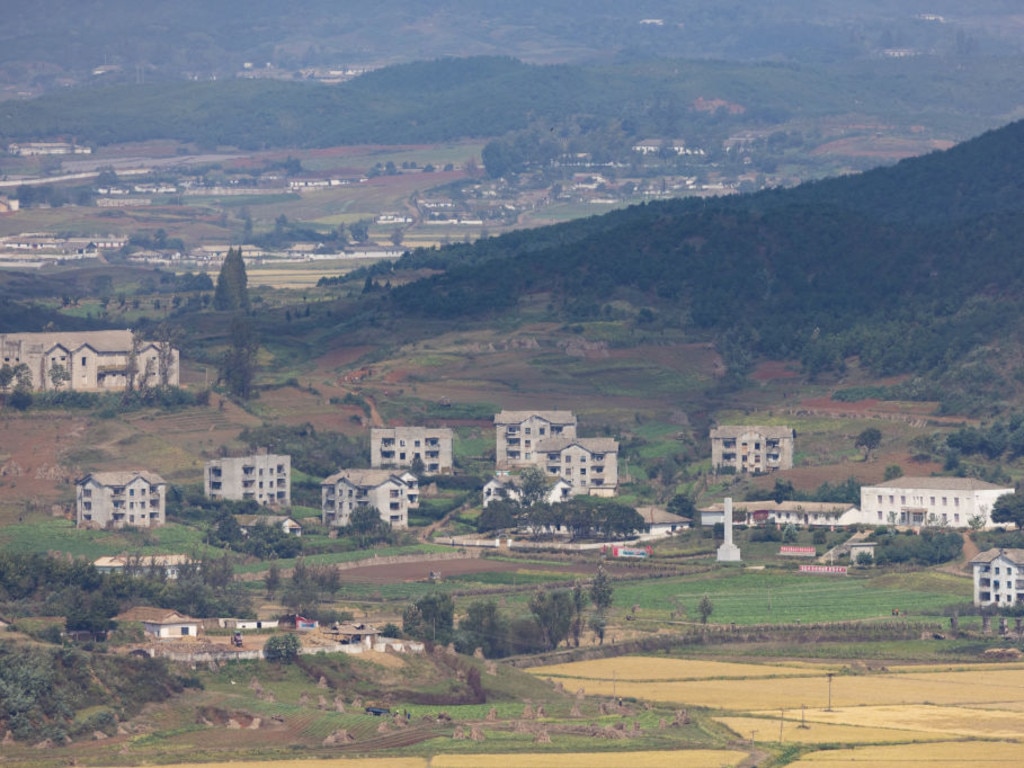
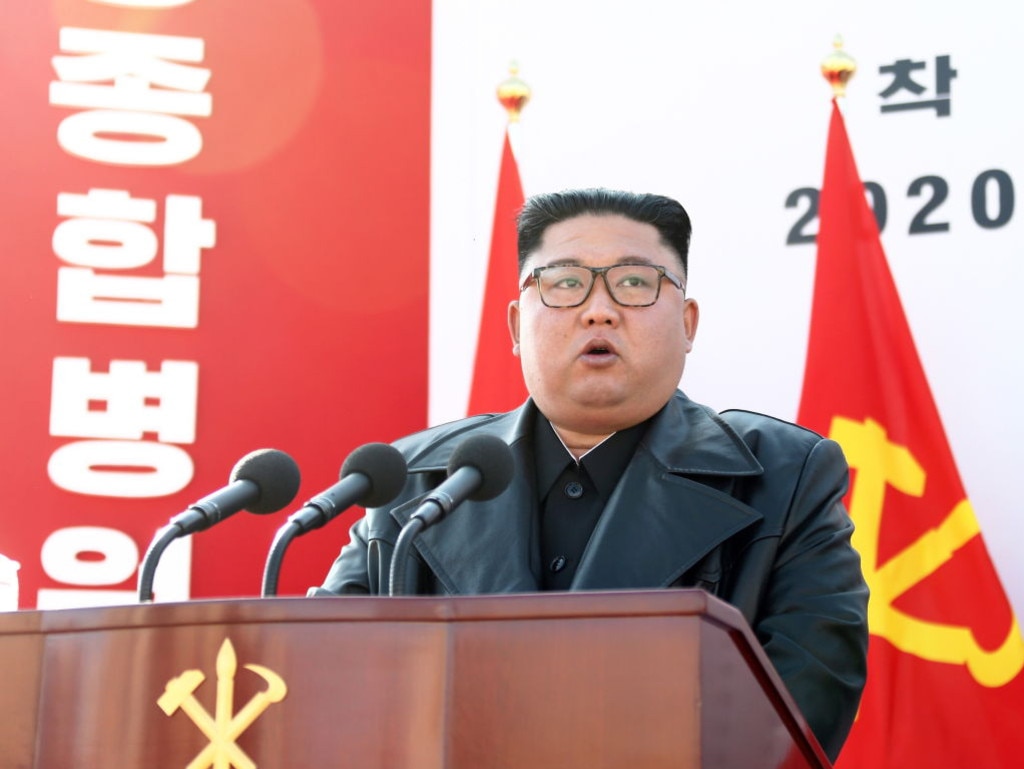
“North Korea was definitely the most challenging assignment on so many levels, not just because of the lack of access, it‘s difficult even to get a visa into the country,” she continued.
“Right now, of course, they’ve closed the border, so it’s impossible to get into the country. But even back then it was so hard to get a visa as a journalist.
“Then when you get there, you have all the challenges of living and working in North Korea. Not only just dealing with brutal conditions, but also just the lack of access. It can be like banging your head against the wall.
“It‘s very easy to break the laws, especially as a foreigner, then we’ve had some very difficult cases of foreigners who’ve gone to North Korea hadn’t been aware of these laws, or haven’t been aware of what the consequences were.”
She says she spent many hours watching the state’s education system, learning all about the myths young North Koreans are exposed to every day. She says the deification of the Kim family is consistently pushed in classrooms, revealing children are taught the late leader Kim Jong Il was born on a “sacred mountain” where the “skies cracked open with double rainbows”.
“I spent a lot of time in kindergartens and it was really useful for me to see how they were educating their children and the propaganda that they were promoting for even kindergarteners and children,” she said.
“A couple things stood out for me: they spent a lot of time learning about the Kim family. And a lot of that is mythology.
“For example, that the late leader Kim Jong Il was born in Mount Paektu, which is the sacred mountain and the foreign wars, and that there were double rainbows appearing in the skies when he was born at the skies cracked open.”
Kim Jong-un’s main priorities since rising to power have been economic advancement and the development of the nation’s nuclear arsenal. According to Lee, since 2018, the despot has focused solely on developing the country economically because “that is generally how he portrays himself as being wanting to be judged”.
She said she believes it is “unlikely” North Korea is looking to launch an attack on foreign powers, saying their nuclear program is more of a deterrent.
“Pressing the button would be the fastest way to end his role,” she said.
“They can engage in more provocations on the ground against South Korea, for example, or against Japan … but in the past couple years, he’s also toned those down as well. Partly because of the diplomacy from Trump, and partly because now they’re focused on [dealing] with Covid.”
During Lee's tenure, AP’s coverage of Kim Jong Il’s 2011 death earned an honourable mention in the deadline reporting category of the 2012 Associated Press Media Editors awards for journalism in the United States and Canada.
Lee also won an Online Journalism Award in 2013 for her role in using photography, video and social media in North Korea.
This week marks the 10-year anniversary of the former leader’s death.
In commemoration, North Koreans have been banned from showing any sign of happiness for 11 days.
“As an ethnic Korean who spent time in Pyongyang, you can't help but look at the people of North Korea and think, ‘Who would I have been if I'd grown up in this regime?’â€@newsjean notes: South Koreans have benefited from "a fluke of fate."#GZEROWorldhttps://t.co/LXHJqyeomupic.twitter.com/T22VPfJYZa
— GZERO Media (@gzeromedia) November 27, 2021
-- with Andrew Bucklow


